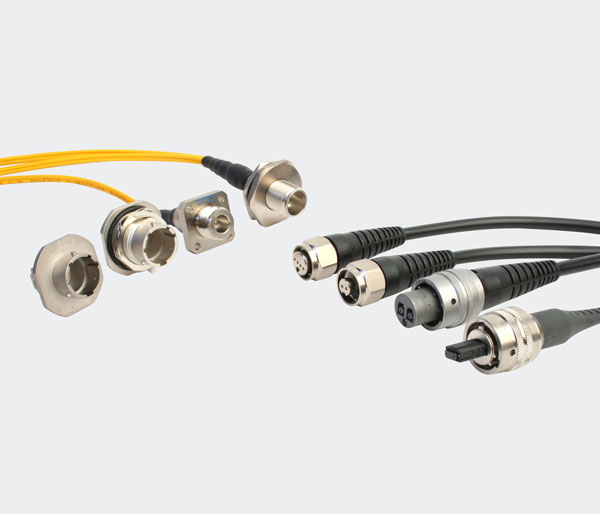According to reports, several major U.S. semiconductor companies are considering whether to raise objections to the Bill of Chip that is about to be voted in the Senate, because the bill may only be beneficial for a small number of chip manufacturers such as Intel and Texas Instruments, people familiar with the matter said today.
U.S. Senate Majority Leader Chuck Schumer has told lawmakers that a vote on the Bill of Chip could take place as early as Tuesday, local time. The bill aims to strengthen the construction of chip factories in the United States to improve market competitiveness, and specific measures include $52 billion in subsidies and investment tax credits.
At present, the bill has basically received bipartisan support, but there are differences within the chip industry. Some semiconductor companies worry that the final wording of the legislation could disproportionately support chipmakers such as Intel and little support for chip designers such as AMD, Qualcomm and Nvidia.
Companies like Intel, Texas Instruments, and Micron Technology, who both design chips and manufacture their own. Such companies would benefit from $52 billion in subsidies from the Bill of Chip to build factories. In addition, they will benefit from another bill, the FABS Bill, which provides a 25% tax credit for the purchase of tools for semiconductor factories.
In contrast, AMD, Qualcomm, and Nvidia design their own chips but seek partners to manufacture them, and thus do not benefit directly from subsidies for building factories (Bill of Chip) or tax credits for tools (FABS Act).
To do this, they support another version of the FABS Bill proposed by the U.S. House of Representatives that would include both a manufacturing tax credit and a tax credit for chip design activities that would directly benefit them. The FABS Bill is also supported by the Semiconductor Industry of America (SIA).
“We are encouraged that the legislation is progressing and we continue to support the enactment of $52 billion in chip law investments, as well as the FABS Bill investment tax credit for manufacturing and design,” SIA said in a statement.
The current Senate legislation does not include a chip design tax credit. That prompted some U.S. chip companies, who asked not to be named, to consider opposing the Senate bill, two of the people said. They will protest if the final legal wording does not include tax credits for chip designs.
A representative for a company opposing the bill said: “Intel could get $20 billion in subsidies through the bill of chip, plus the $5 billion or $10 billion it gets under the FABS Bill, and that’s $30 billion. It goes to your direct competitors and you don’t get a penny, and that’s a problem.”
And a person at another semiconductor company said: “It will only benefit a few companies.”
Nvidia declined to comment, while AMD, Qualcomm and Intel have yet to comment.



